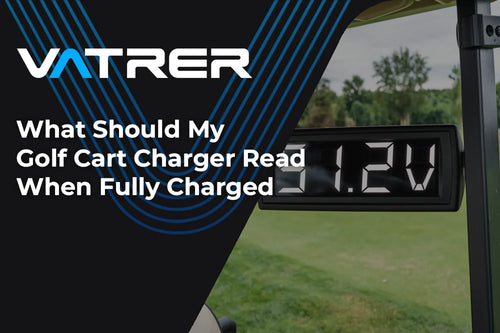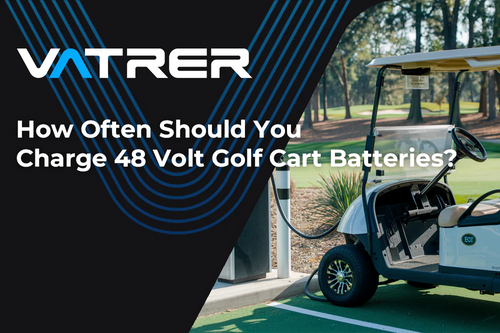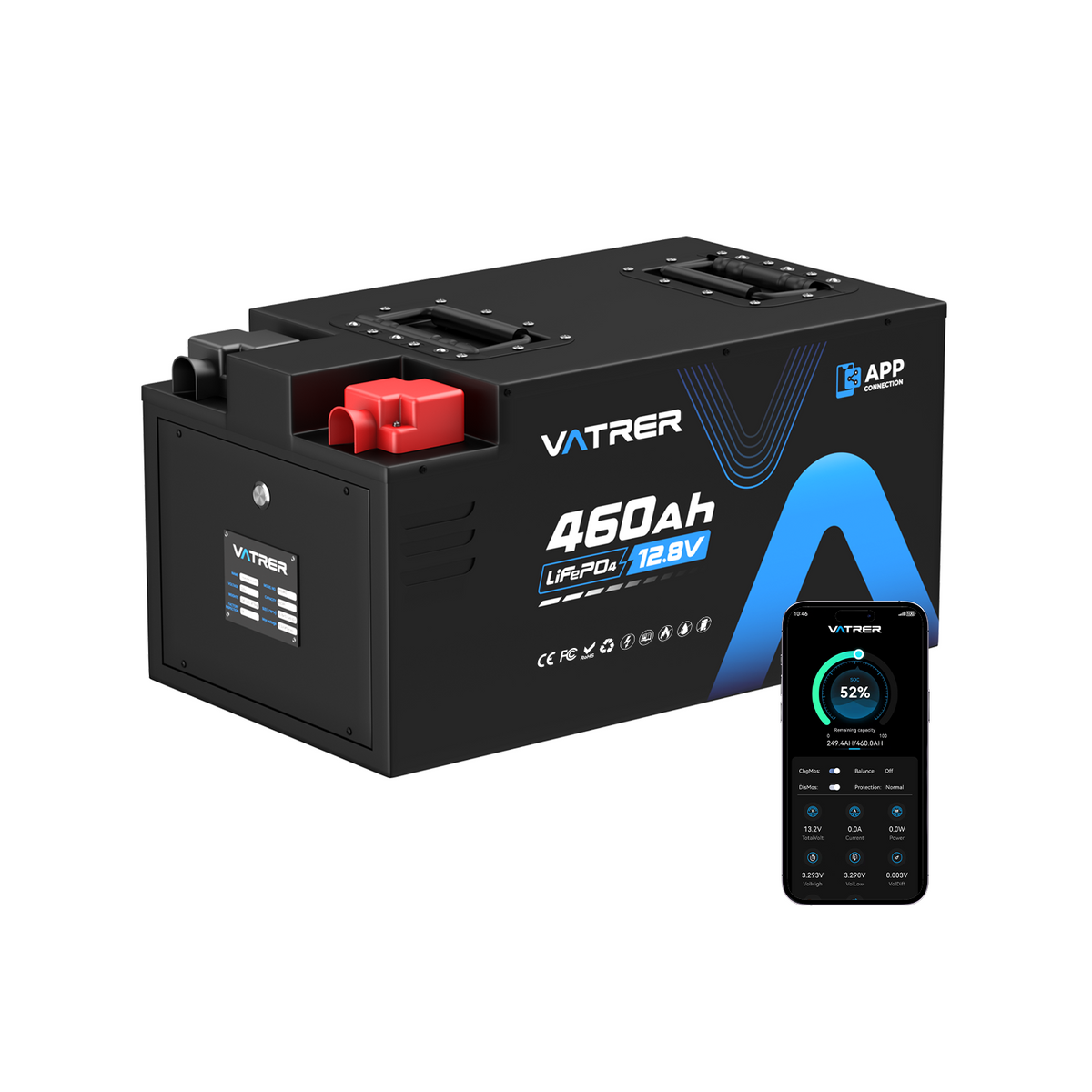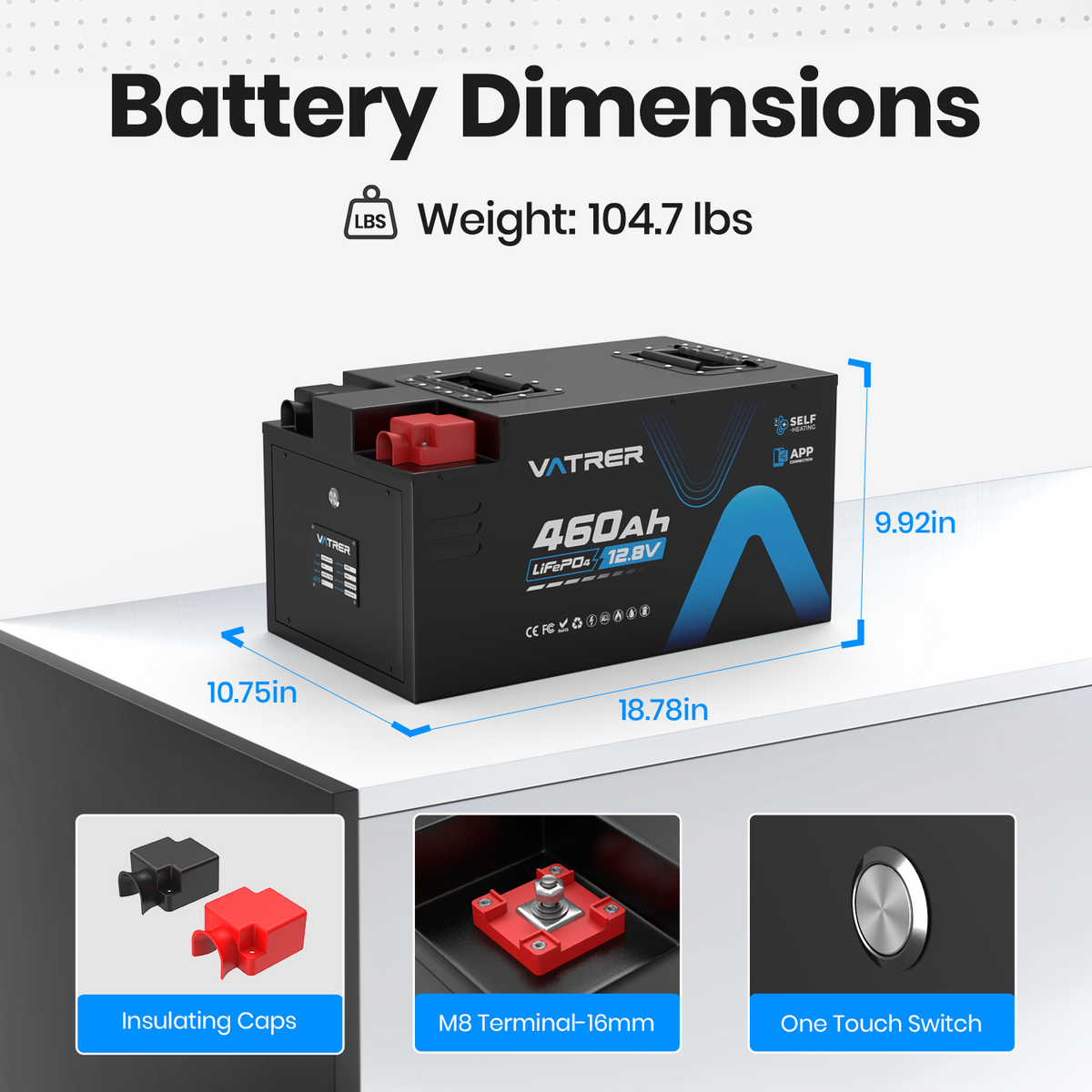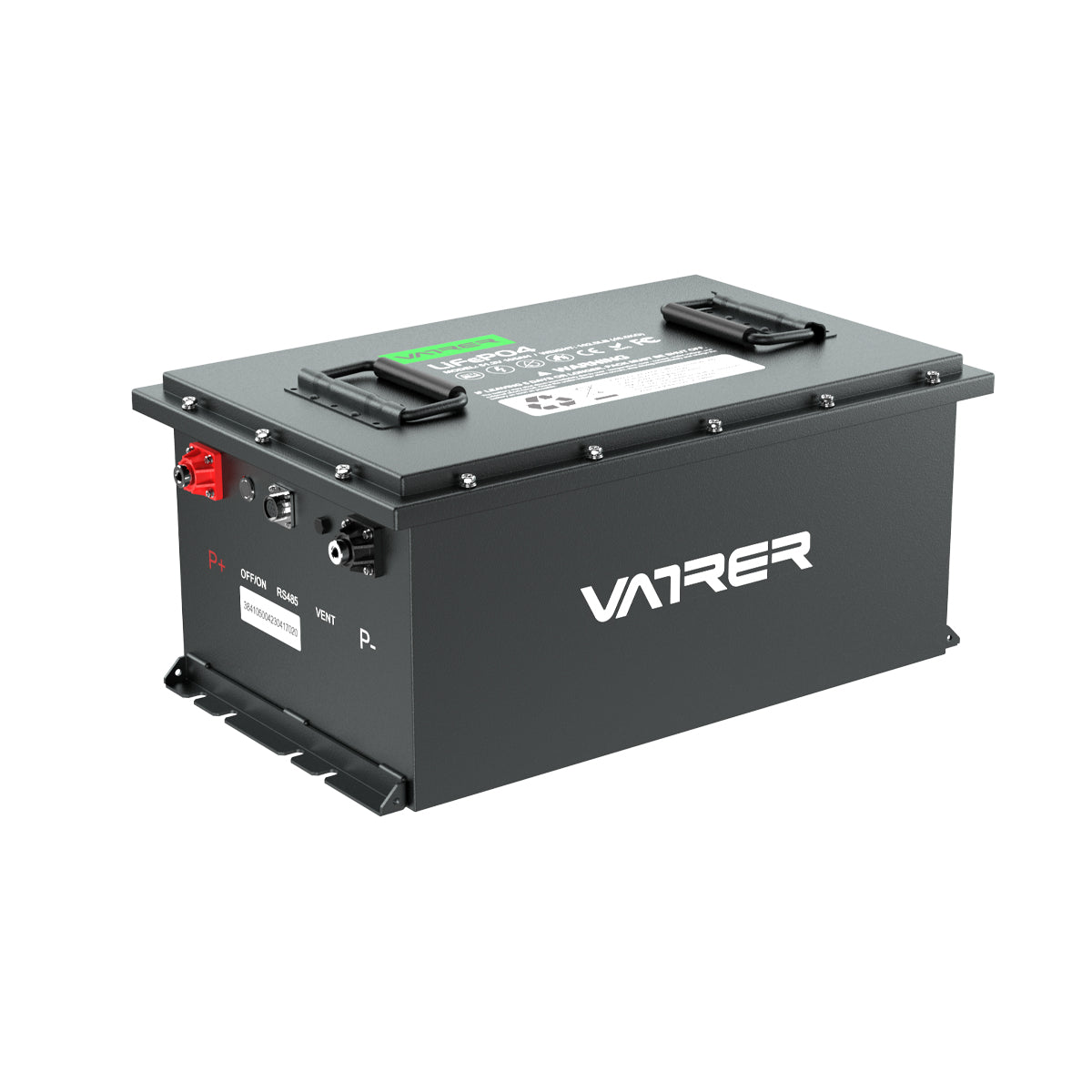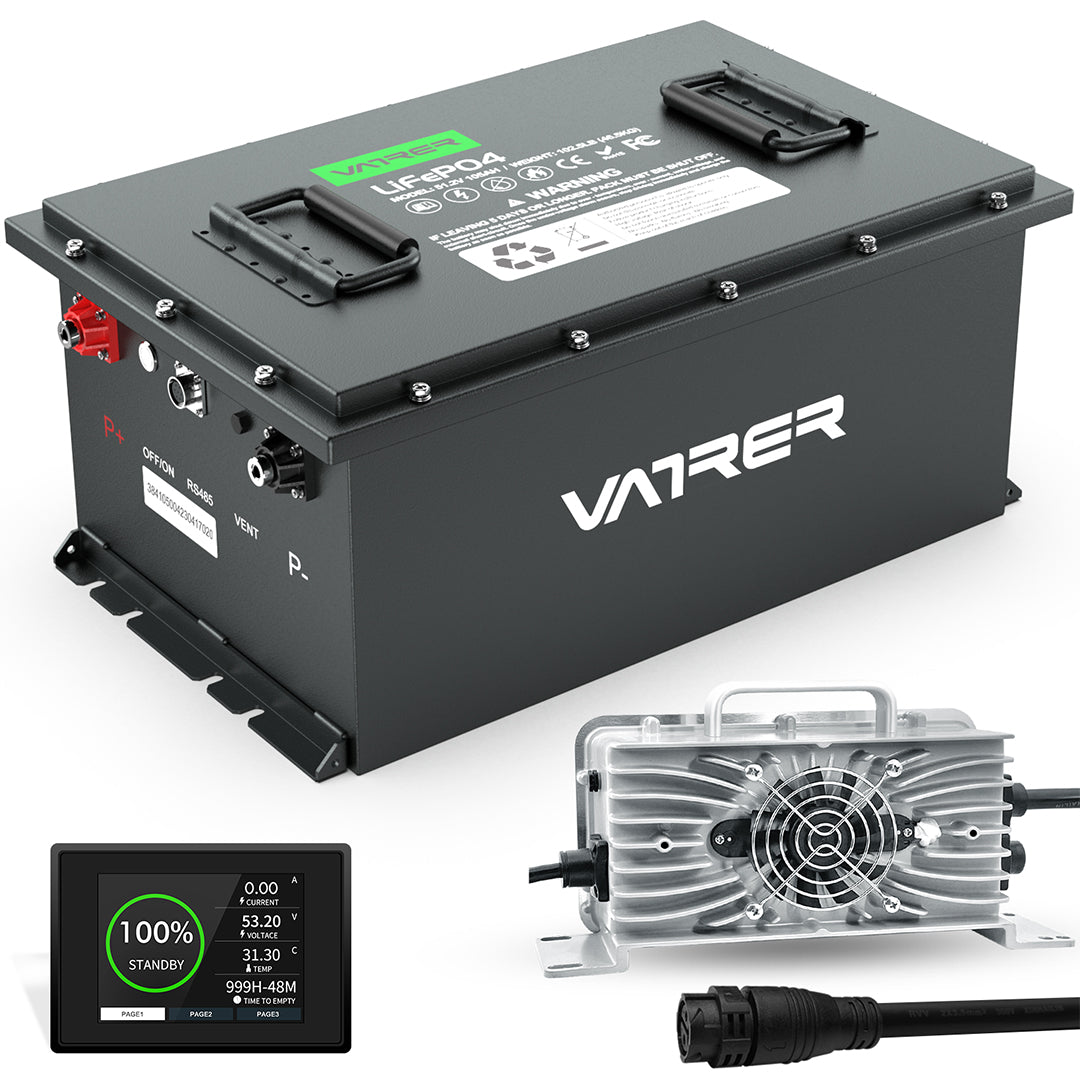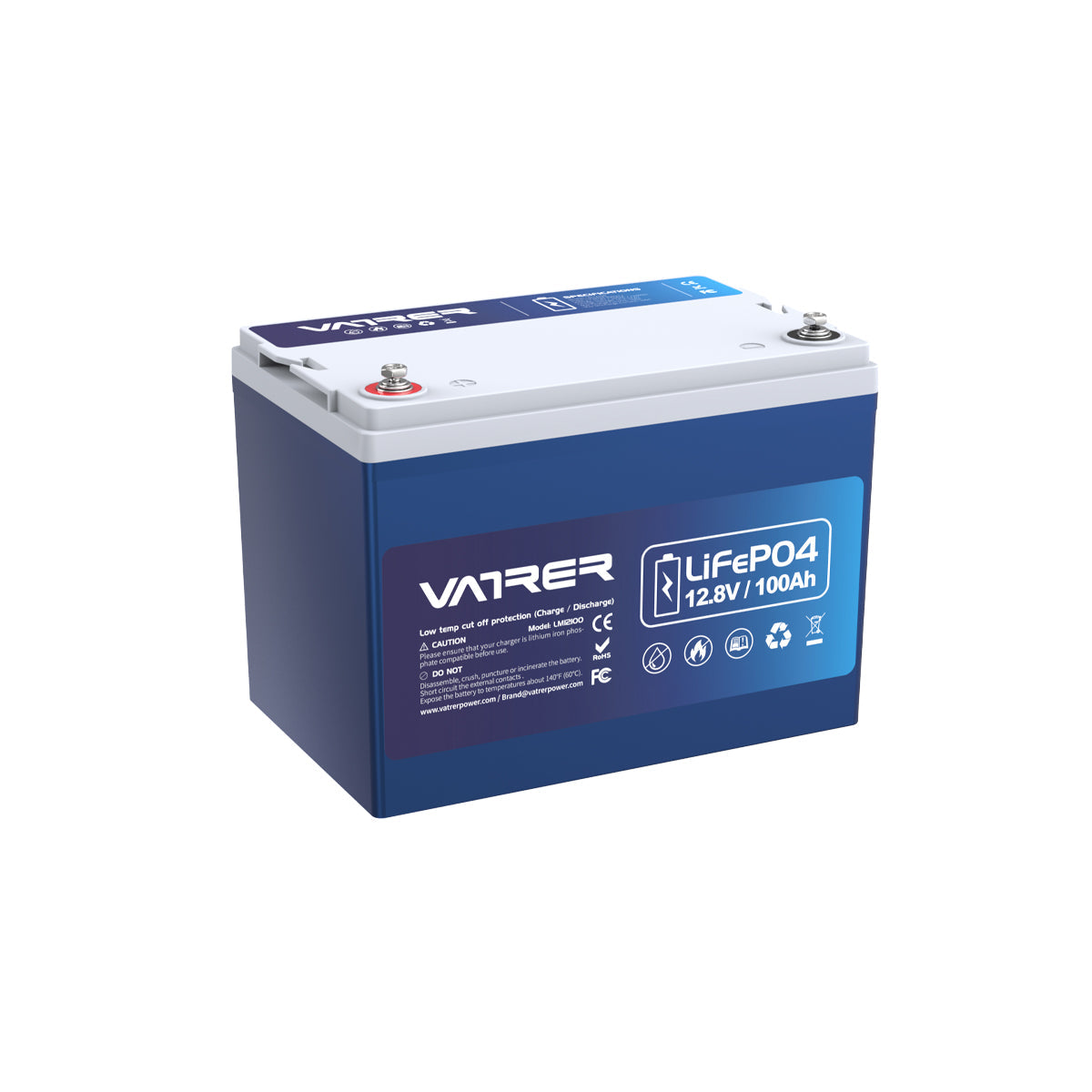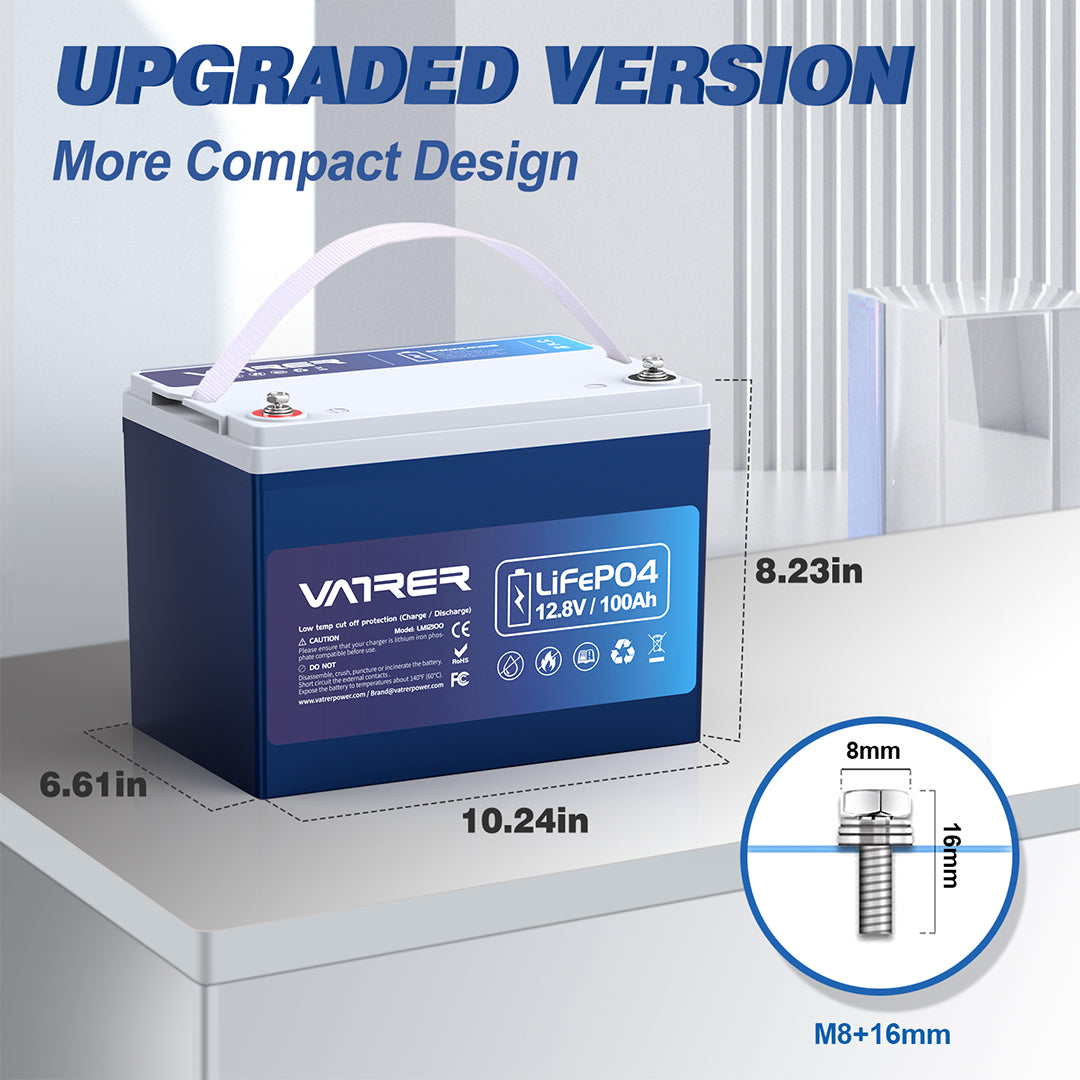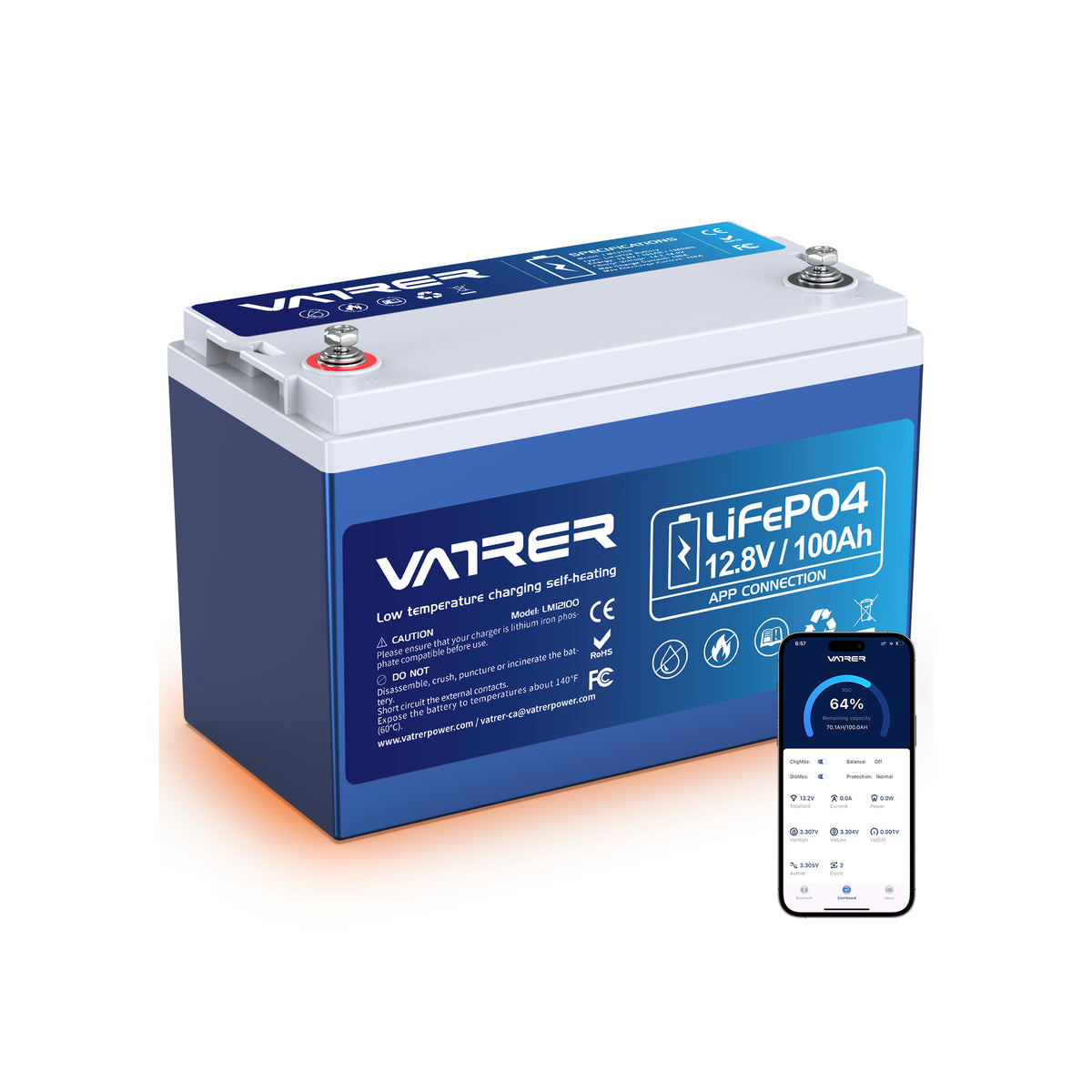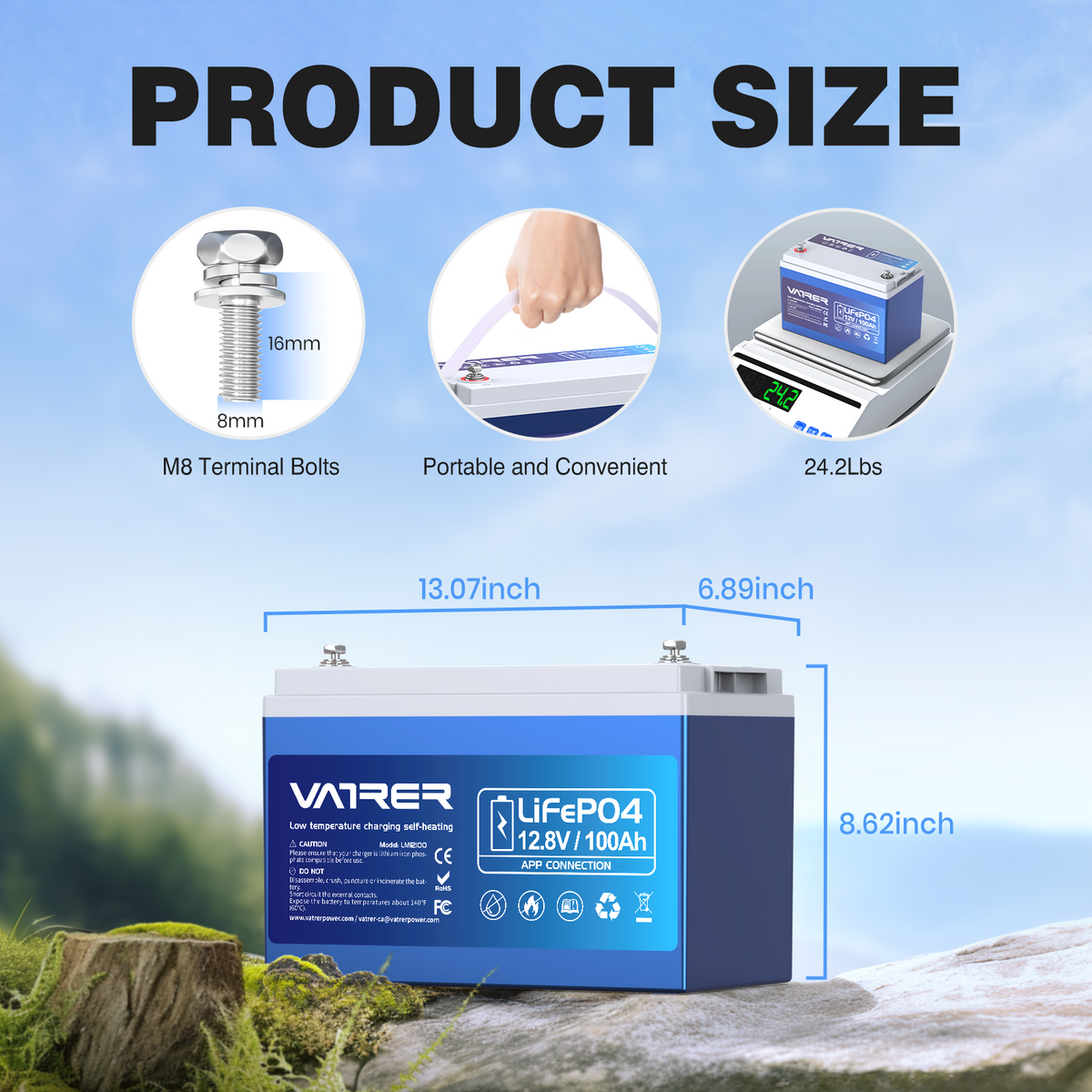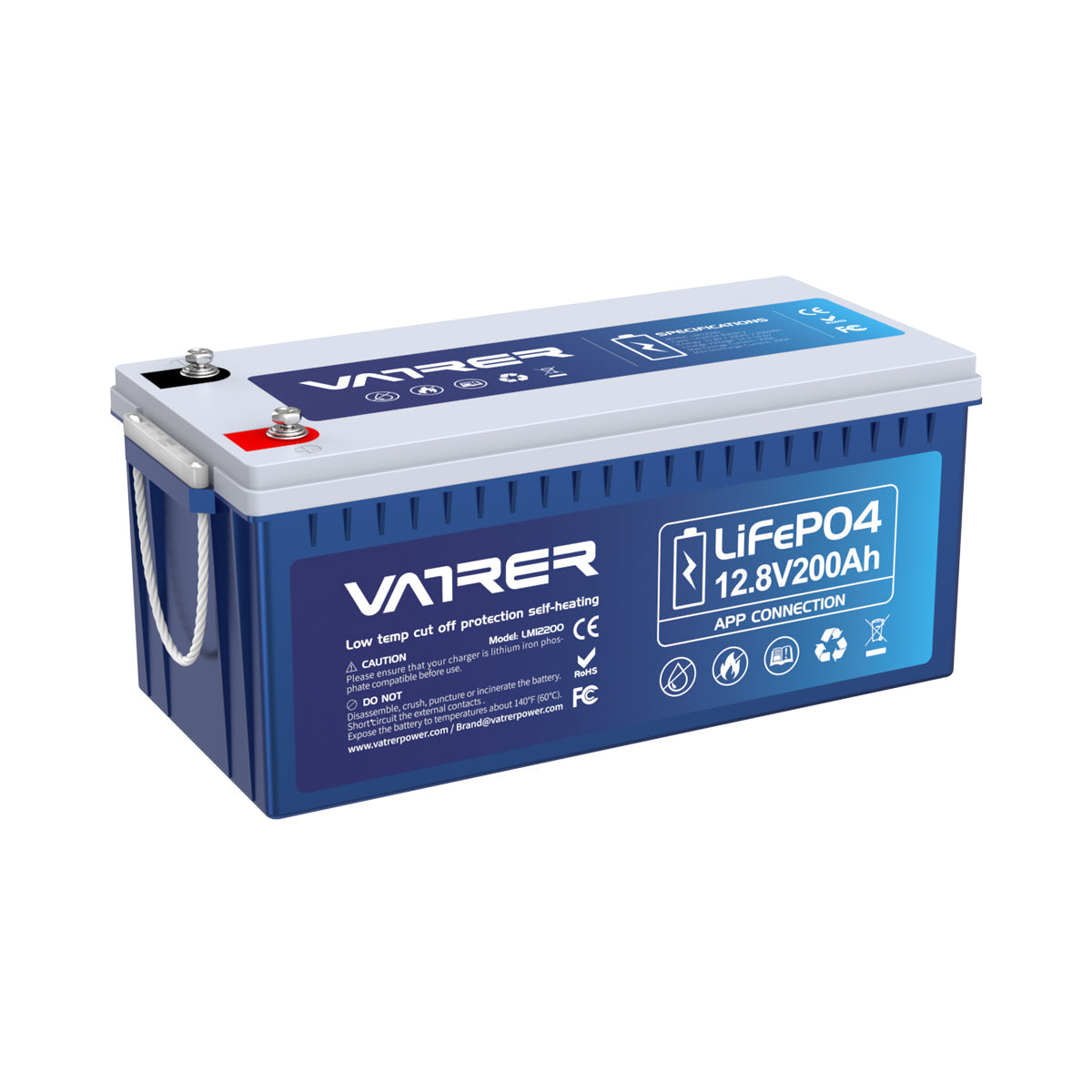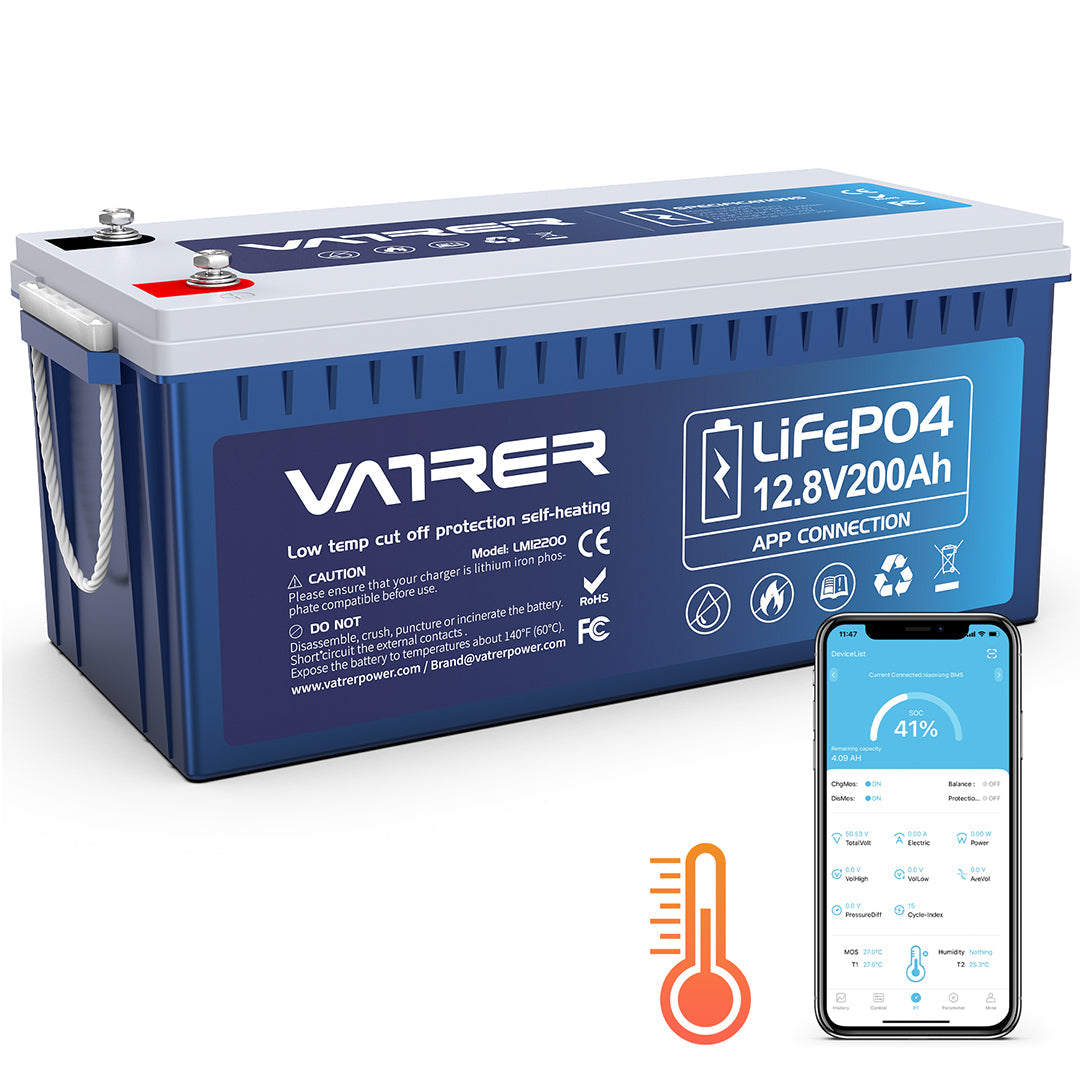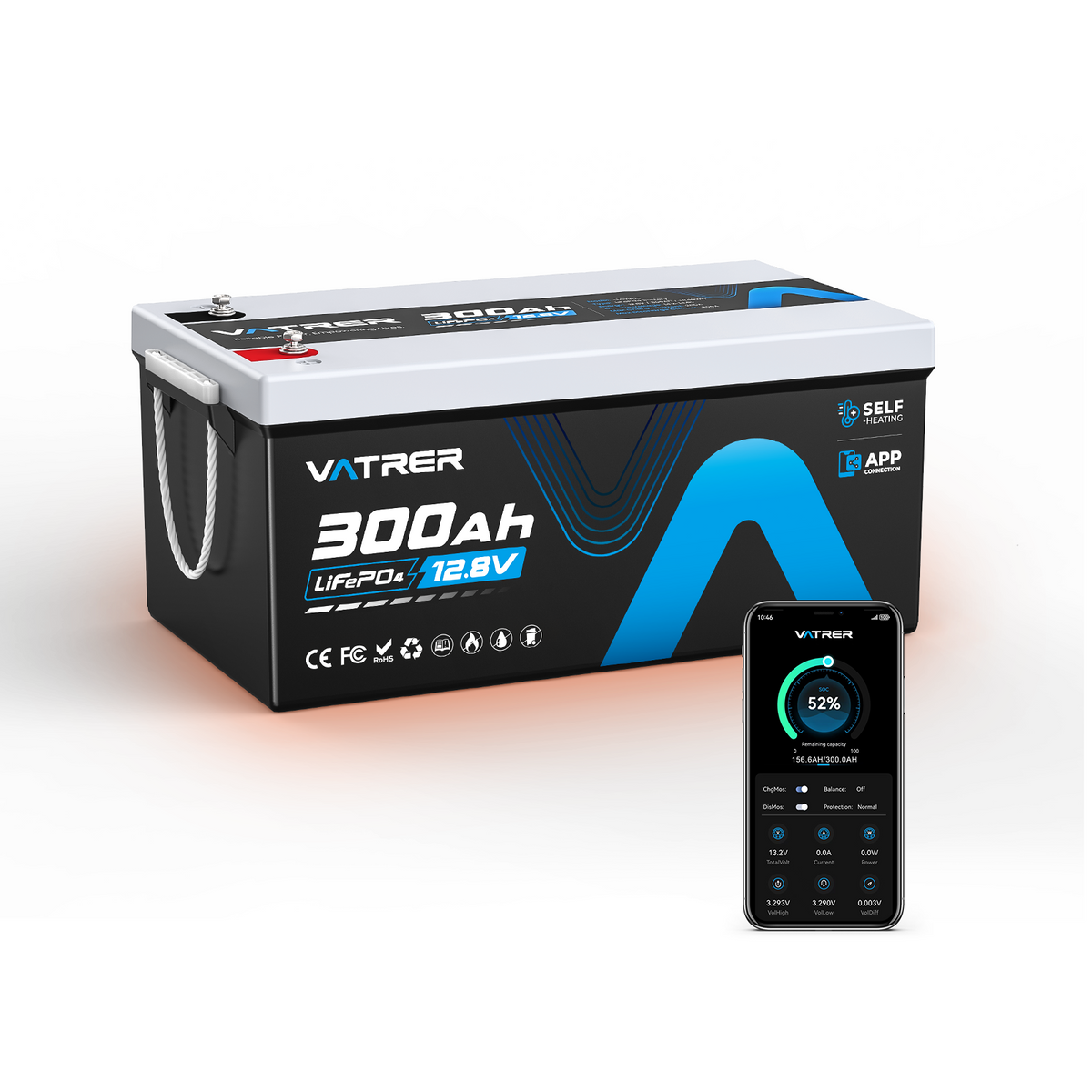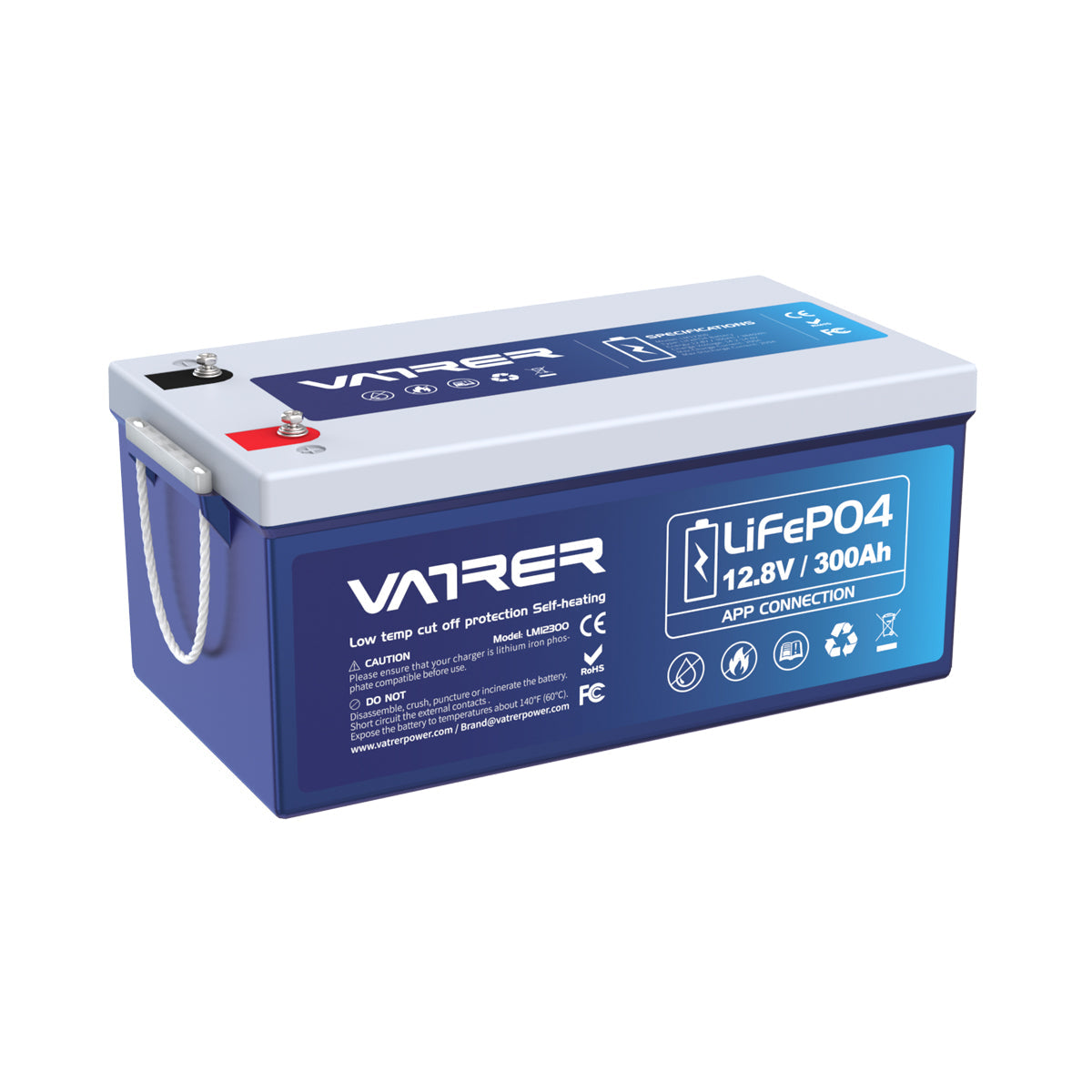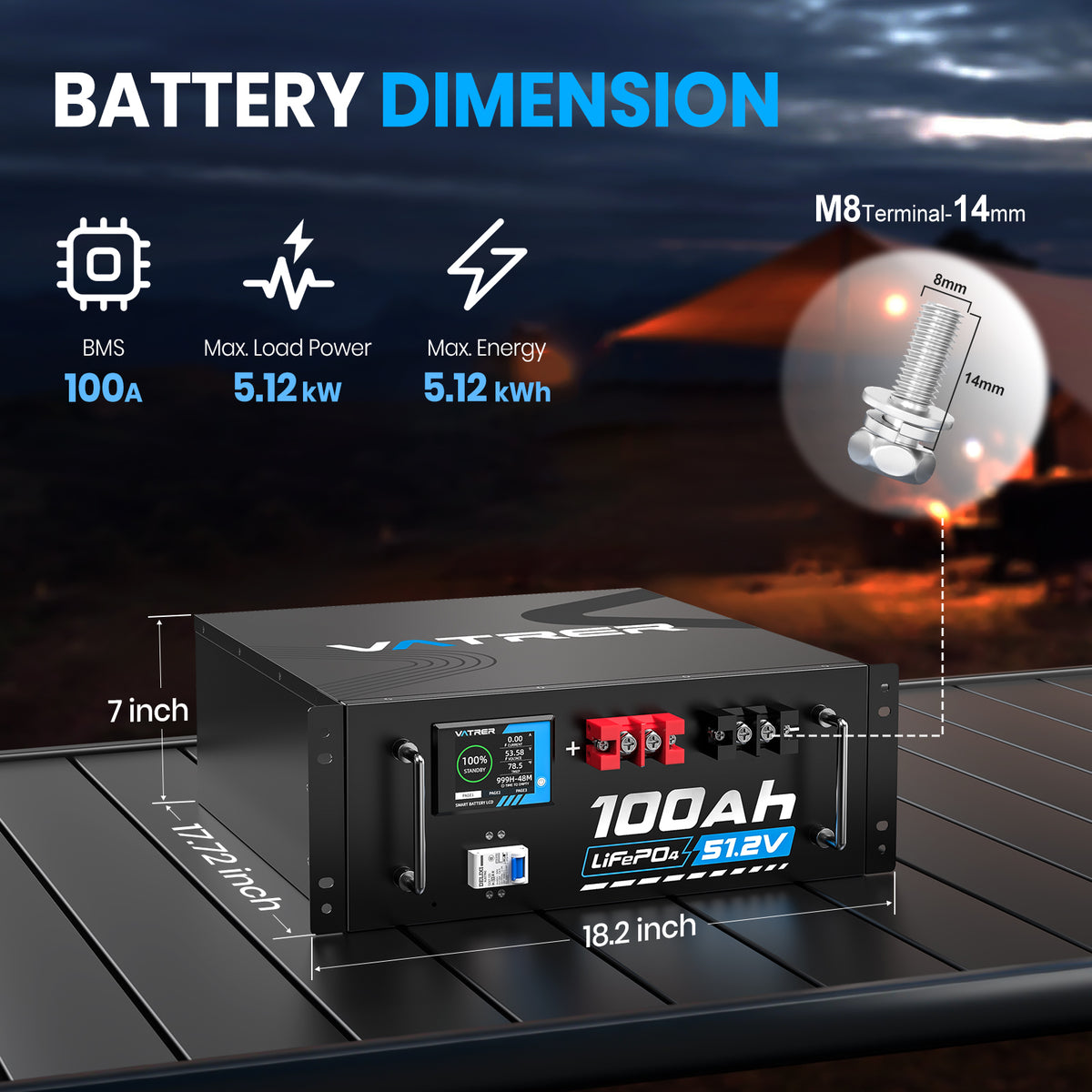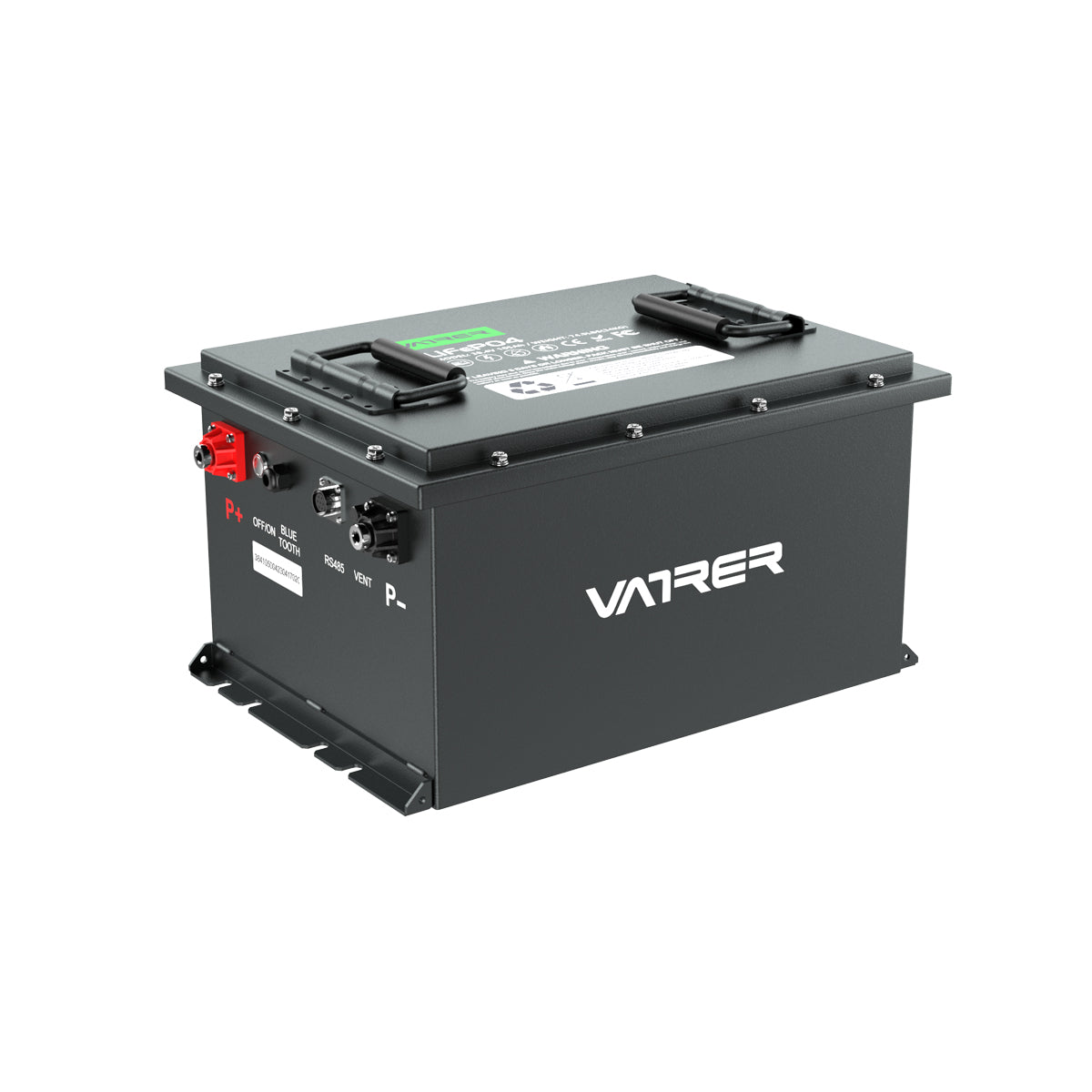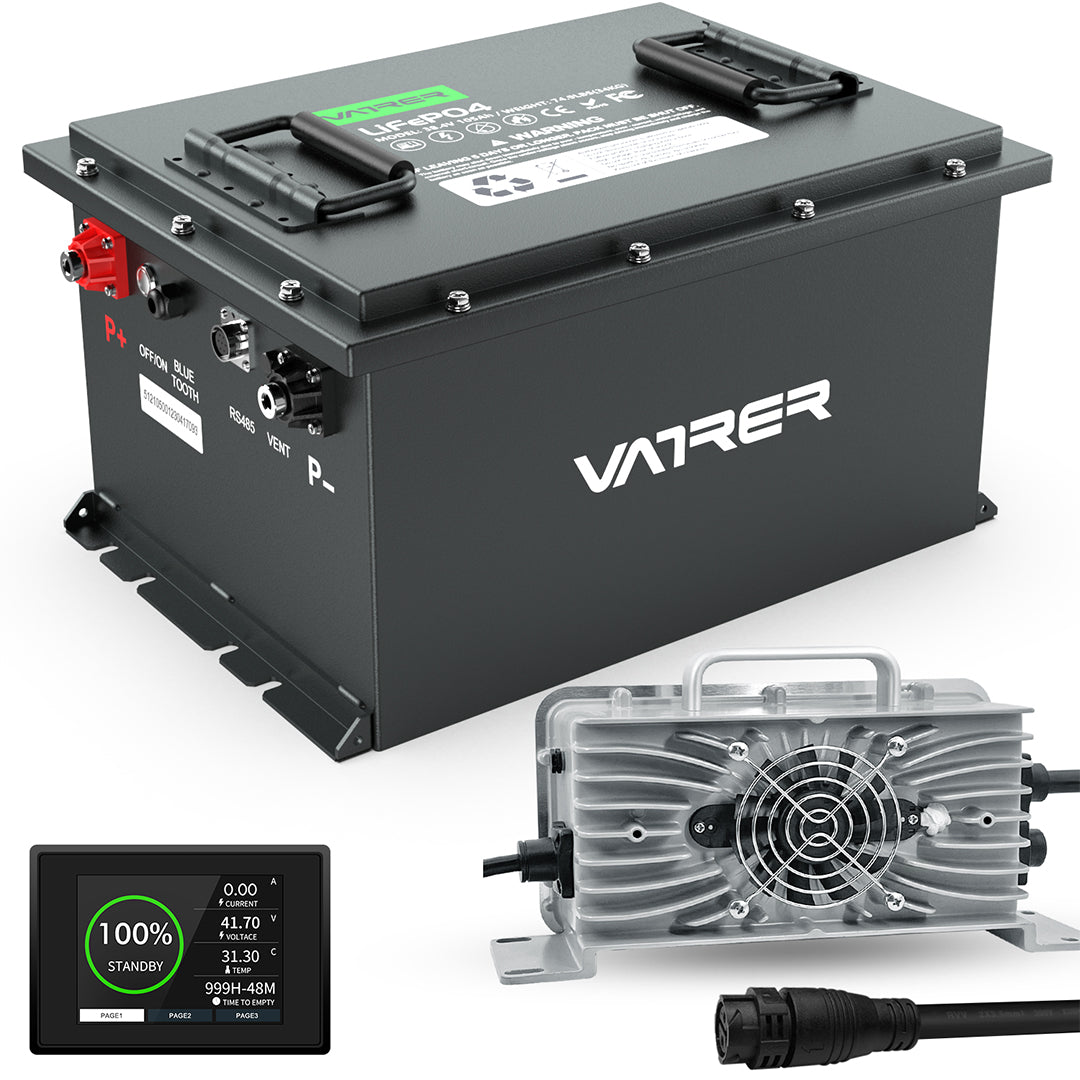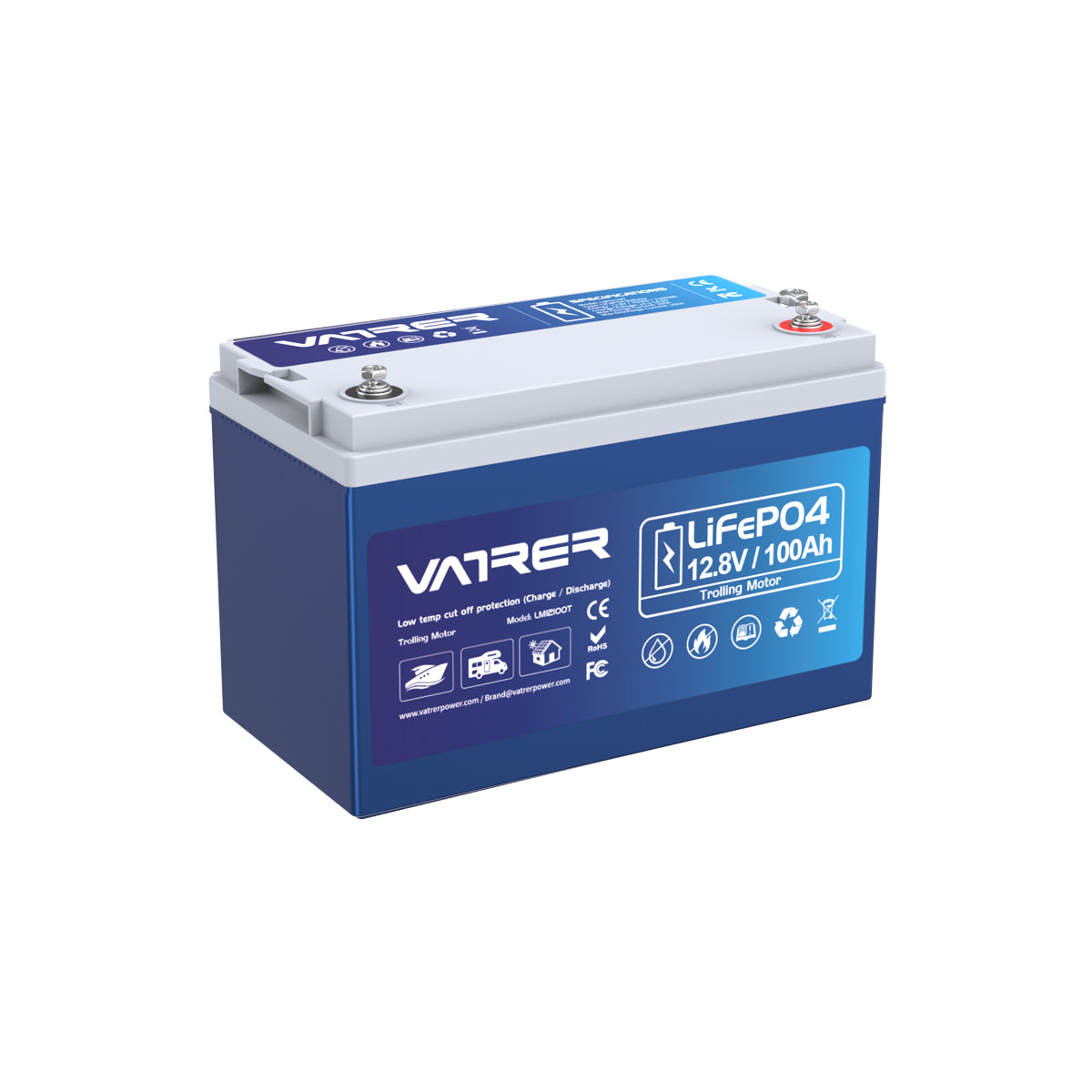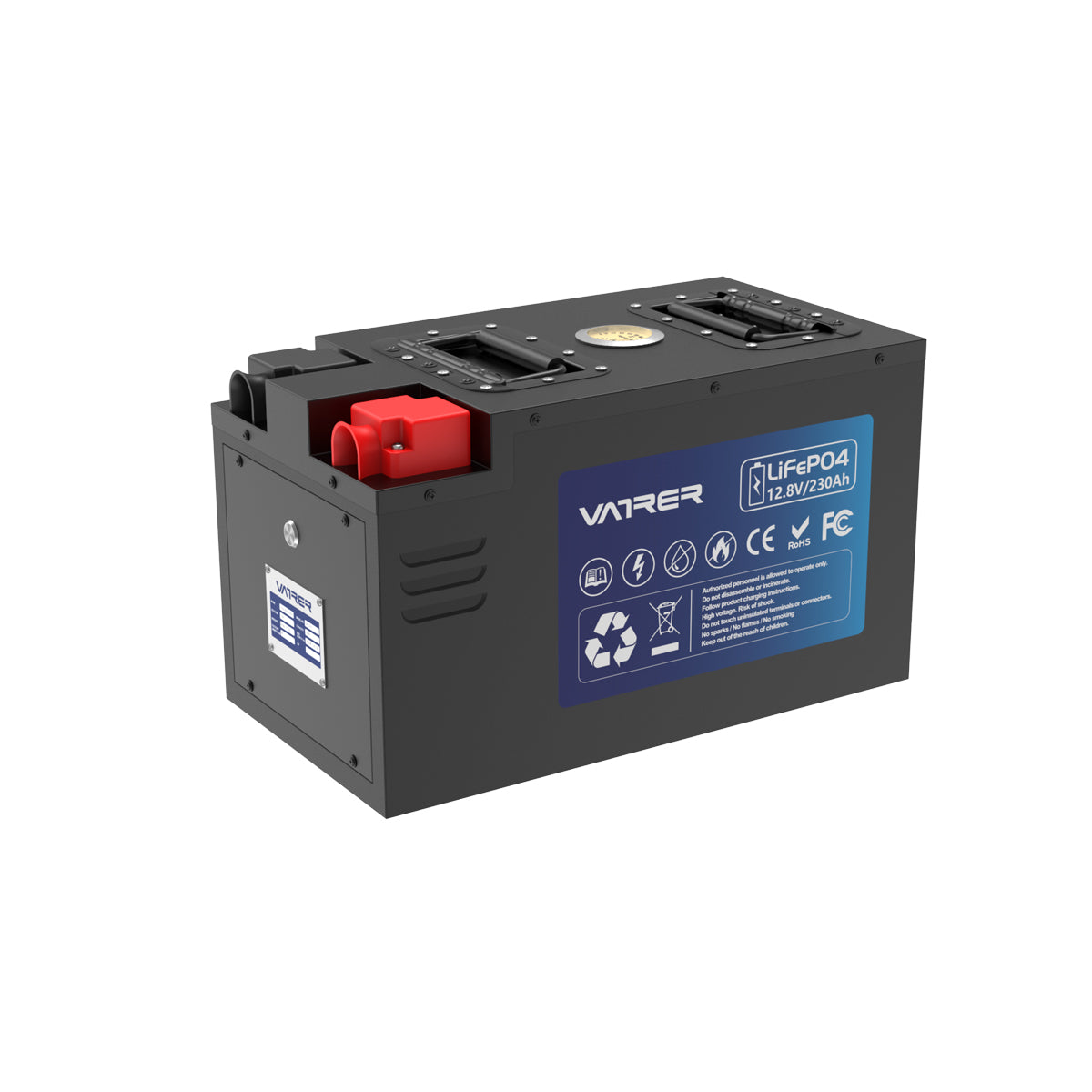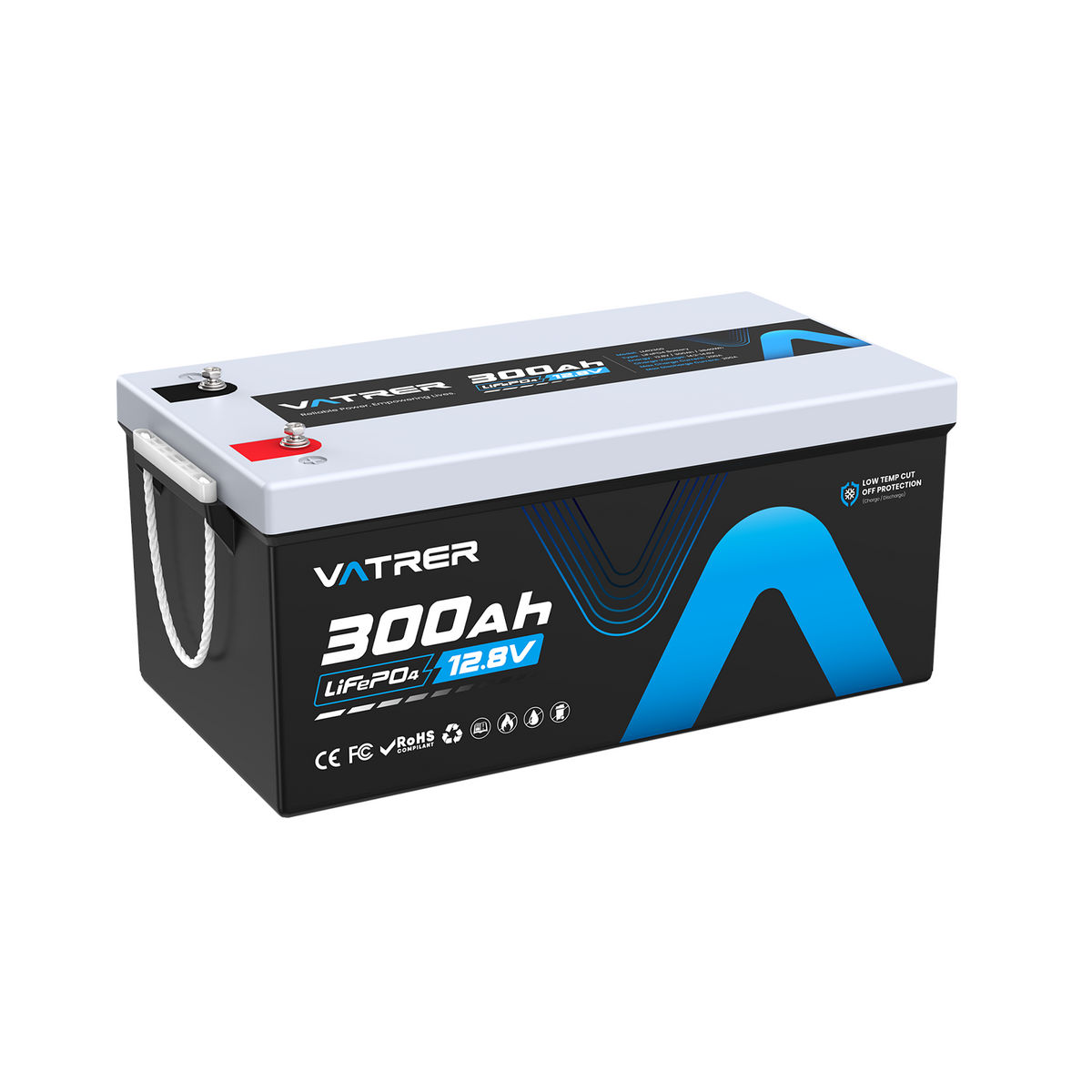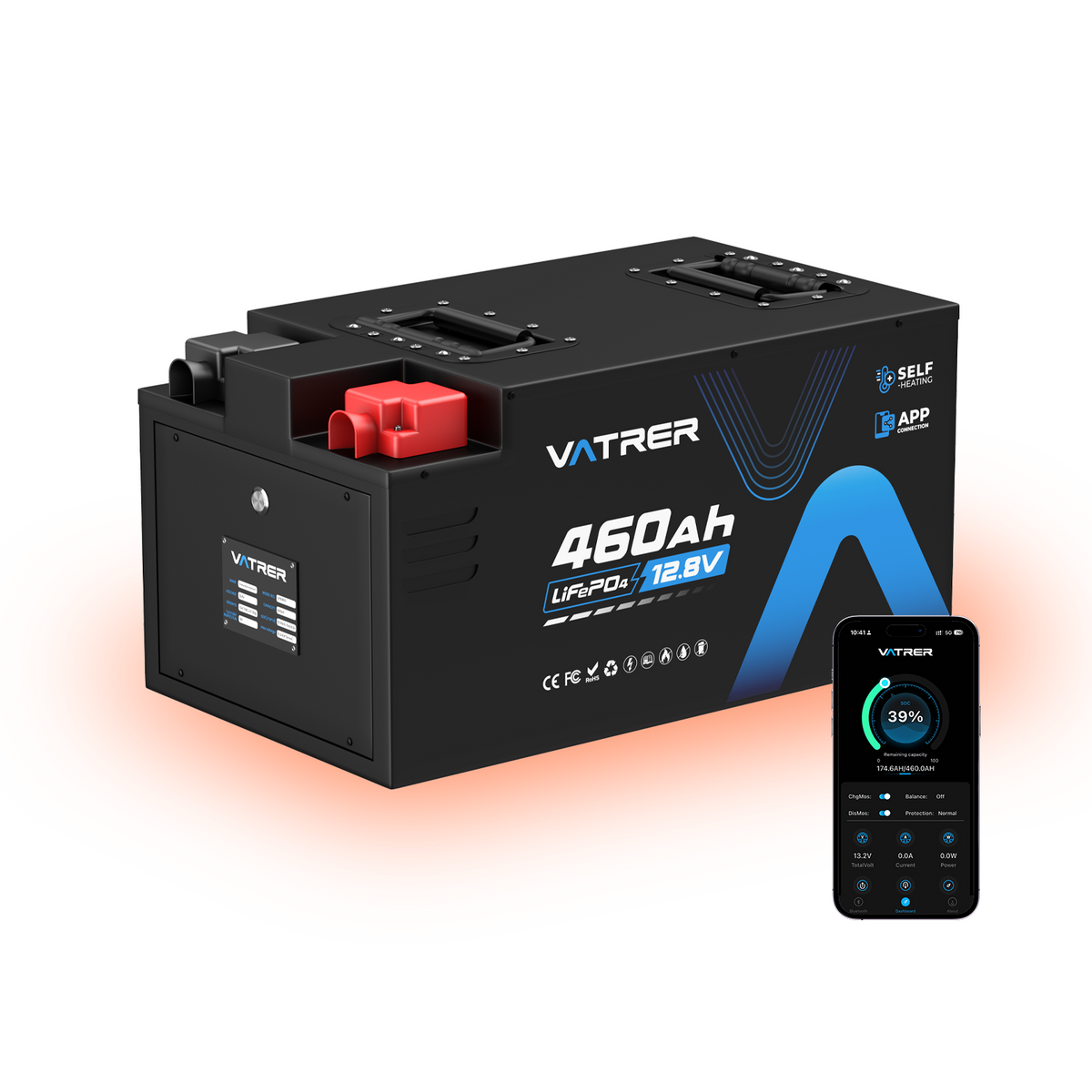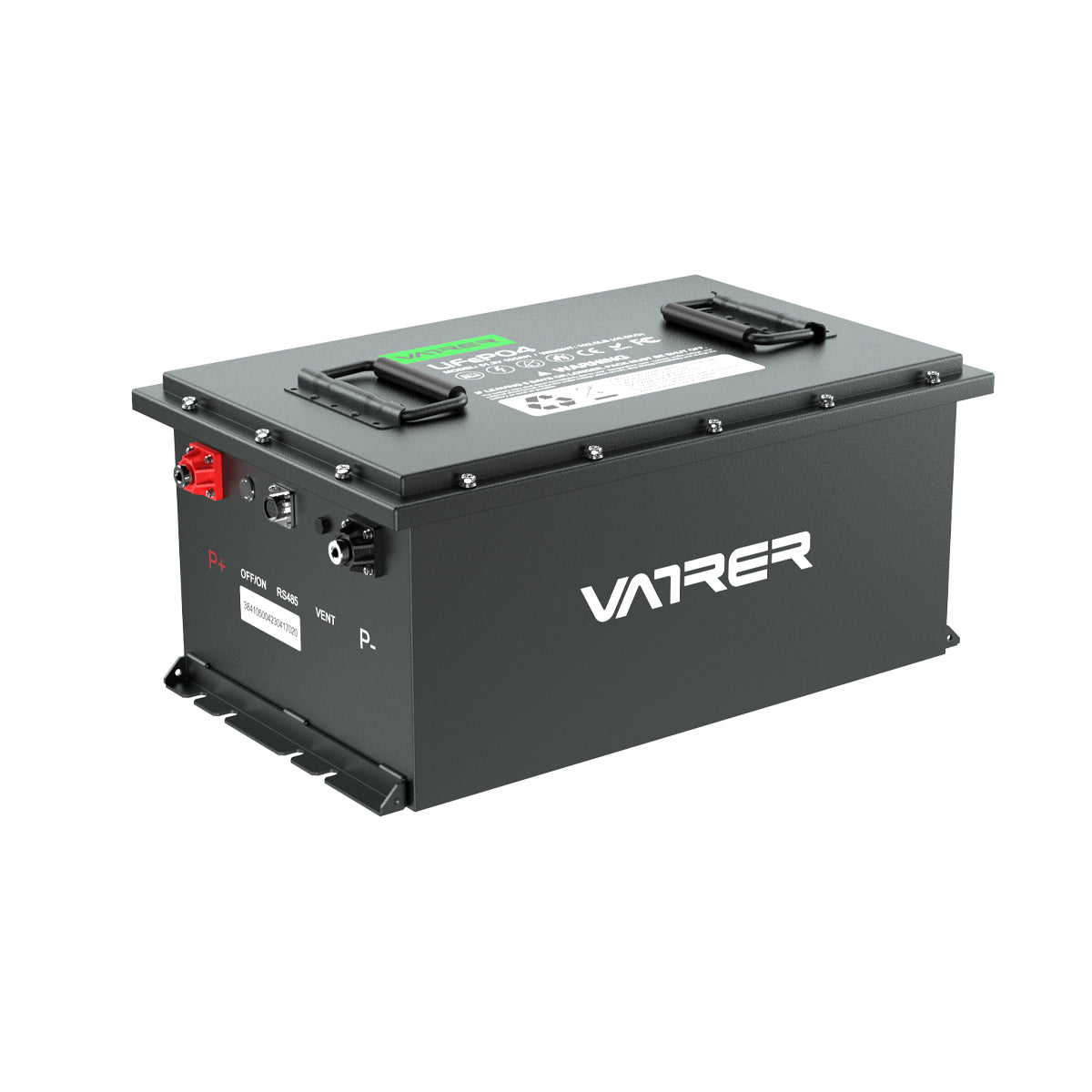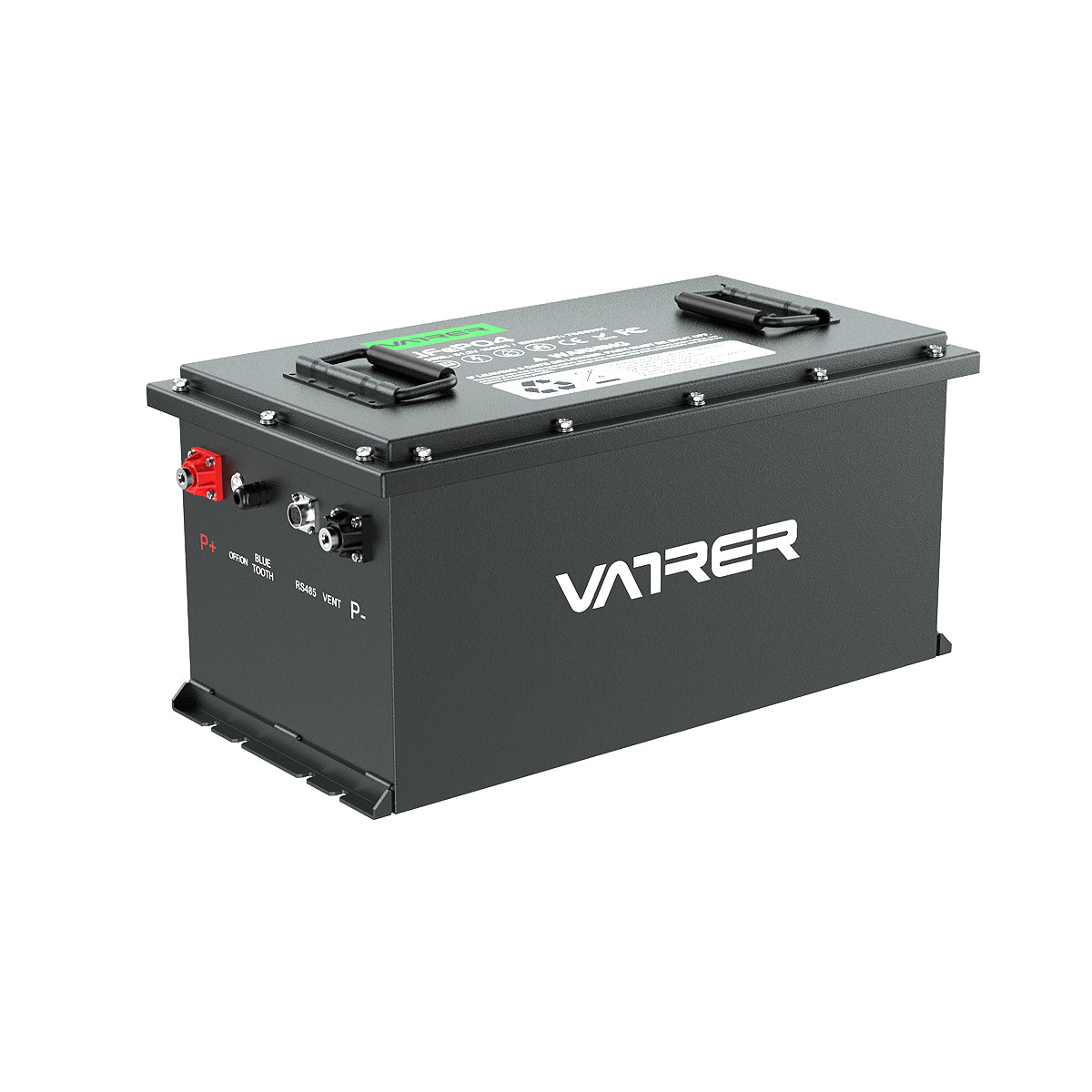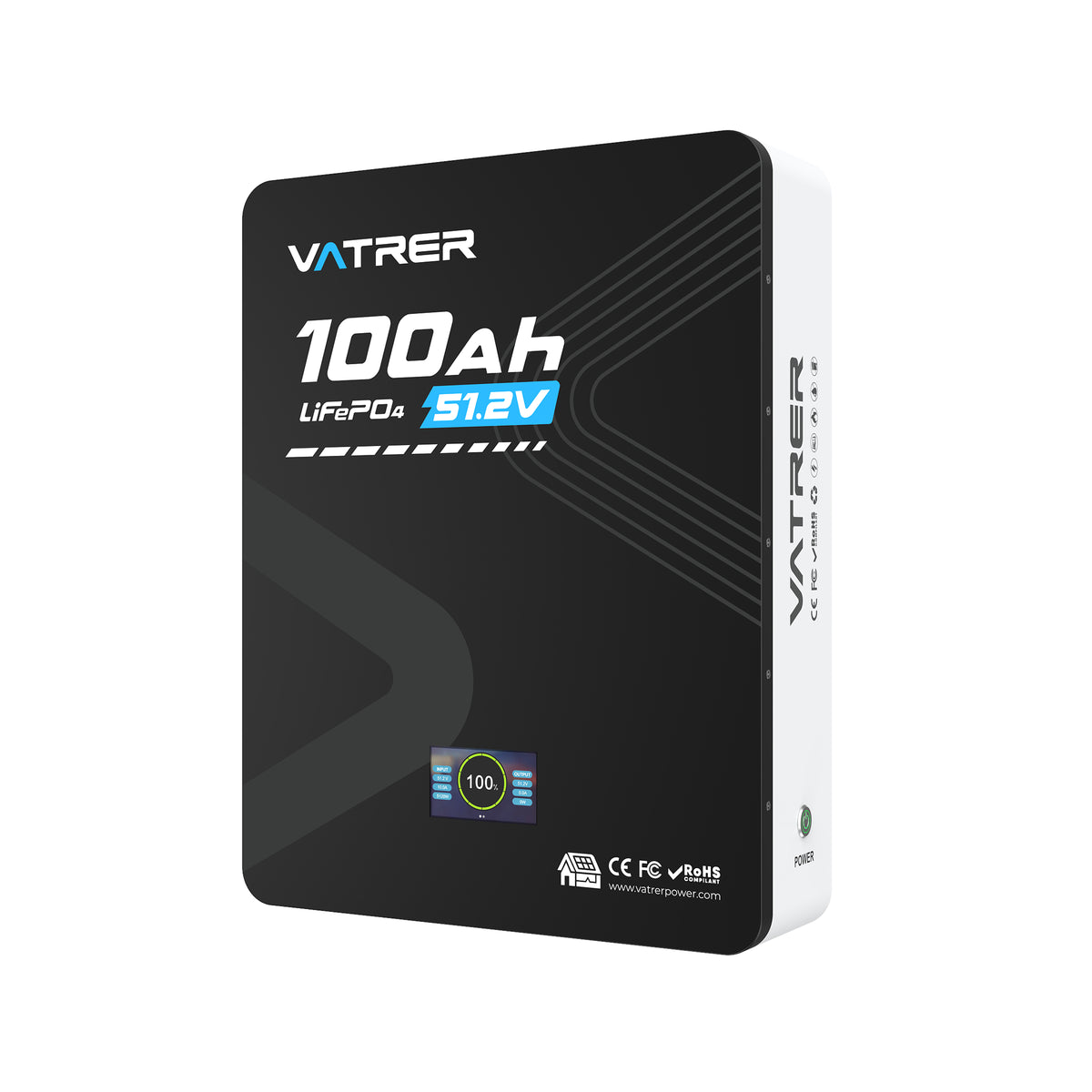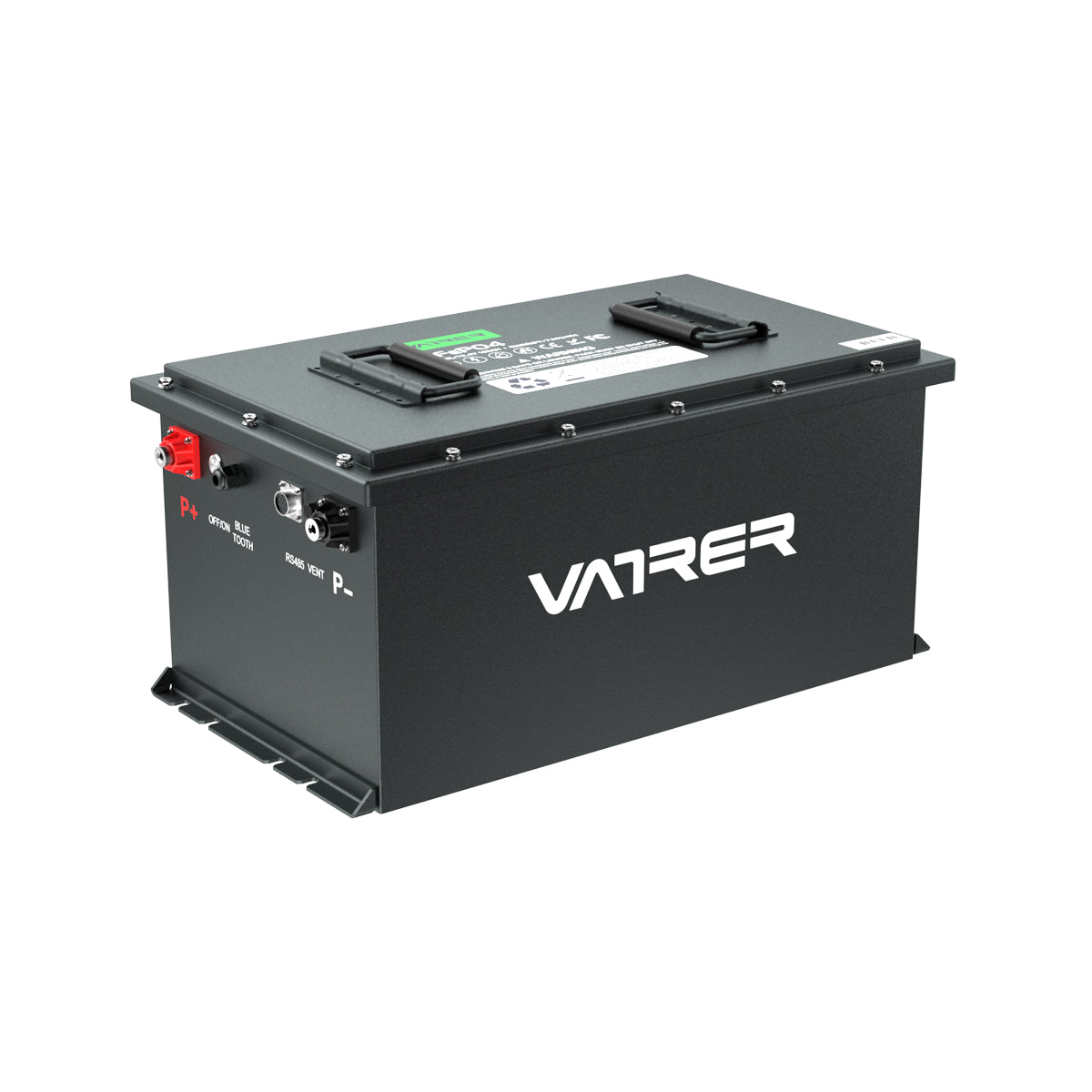Table of Contents
Introduction
In the world of energy storage, two prominent technologies have long reigned supreme: lead acid batteries and AGM (Absorbent Glass Mat) batteries. These two types of batteries have been widely used in various applications, ranging from automotive and marine industries to renewable energy systems. In this blog post, we will delve into the characteristics, advantages, and limitations of lead acid batteries and AGM batteries, aiming to shed light on their key differences and help you make informed decisions when it comes to energy storage solutions.
I. Lead Acid Batteries
Lead acid batteries have a long-standing history, with their roots tracing back to the mid-19th century. They consist of lead plates immersed in an electrolyte solution of sulfuric acid. Here are some key features of lead acid batteries:
- Cost-Effective: Lead acid batteries are relatively inexpensive compared to other battery technologies, making them a popular choice in many applications, especially those with budget constraints.
- Proven Technology: With over a century of development and refinement, lead acid batteries have stood the test of time. They are a mature technology with a well-established infrastructure for manufacturing and recycling.
- High Surge Current: Lead acid batteries can deliver high surge currents, making them suitable for applications that require a sudden burst of power, such as starting an engine in automotive applications.
- Maintenance Requirements: Lead acid batteries require regular maintenance, including checking electrolyte levels, replenishing distilled water, and cleaning terminals. Failure to perform maintenance tasks can result in reduced battery life.
- Limited Depth of Discharge: Lead acid batteries should not be discharged below a certain level to avoid permanent damage. Deep discharges can lead to sulfation, reducing the battery's capacity and overall lifespan.

II. AGM Batteries
AGM batteries, a type of valve-regulated lead acid (VRLA) battery, were introduced in the 1980s as an alternative to traditional flooded lead acid batteries. Instead of a liquid electrolyte, AGM batteries use a fiberglass mat to hold the electrolyte. Let's explore the characteristics of AGM batteries:
- Maintenance-Free: AGM batteries are sealed and require no maintenance. They are designed to be maintenance-free, eliminating the need for checking electrolyte levels and replenishing water.
- Versatility: AGM batteries can be mounted in various positions, including sideways and upside down, without any leakage. This feature makes them suitable for space-constrained applications and mobile installations.
- Deep Discharge Capability: AGM batteries have a higher depth of discharge compared to traditional lead acid batteries. They can be discharged to a lower level without significantly affecting their lifespan or capacity.
- Enhanced Durability: AGM batteries exhibit improved resistance to vibration and shock, making them ideal for applications that involve high levels of mechanical stress, such as off-road vehicles and marine vessels.
- Higher Price Point: AGM batteries are generally more expensive than traditional lead acid batteries. The advanced technology and construction processes involved contribute to their higher price tag.

Conclusion
Both lead acid batteries and AGM batteries have their own set of advantages and limitations, making them suitable for different applications. Lead acid batteries have a lower upfront cost and high surge current capability, but they require regular maintenance and have limited depth of discharge. On the other hand, AGM batteries offer maintenance-free operation, deep discharge capability, and enhanced durability, but they come at a higher price point.
When choosing between lead acid batteries and AGM batteries, it is essential to consider factors such as budget, application requirements, and maintenance preferences. Understanding the unique characteristics of each technology will help you make an informed decision and select the most appropriate energy storage solution for your specific needs.
Remember, whether you opt for the tried-and-true lead acid batteries or the advanced AGM batteries, both options play vital roles in powering our world and driving technological advancements towards a greener and more sustainable future.


